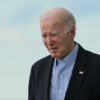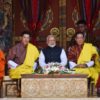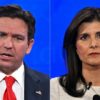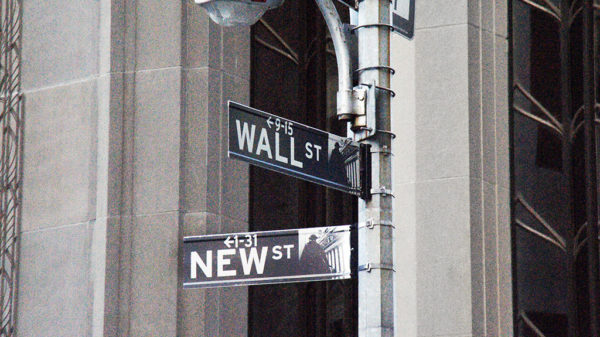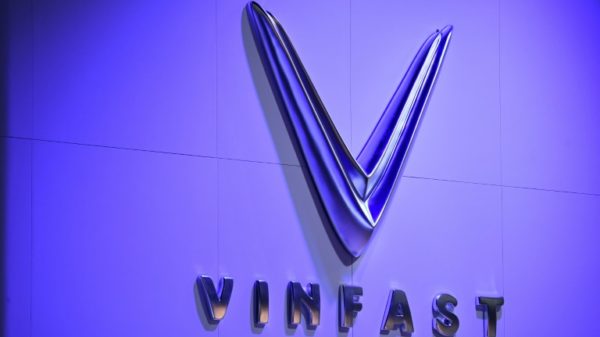Tens of thousands of people gathered in southern Taiwan for “Super Sunday” rallies by three presidential candidates making a final weekend push for votes before a crucial January 13 election.
The poll is being closely watched in Beijing and Washington, with the winner set to determine the future of the democratic island’s relations with an increasingly aggressive China.
China claims Taiwan as part of its territory, and President Xi Jinping has in recent years intensified rhetoric about “unification” while refusing to rule out the use of force to bring it under Beijing’s control.
Frontrunner and current Vice President Lai Ching-te of the ruling Democratic Progressive Party (DPP) has called the election a choice “between democracy and autocracy”, while his main opponent Hou Yu-ih has warned the DPP will bring Taiwan “closer to war”.
Hou is the candidate for the island’s Kuomintang (KMT) party, which endorses closer relations with Beijing.
Speaking to a sea of red-and-blue-clad supporters in the southern city of Kaohsiung, the former policeman — who has painted himself as a “protector” of Taiwan — called on voters not to be “deceived” by the DPP.
“They love to say Hou Yu-ih is pro-China and will sell out Taiwan… Hou Yu-ih will look after cross-strait peace,” the 66-year-old New Taipei City mayor shouted.
“We must not let such a party (DPP) continue to be in power.”
Taiwan has for the past eight years been led by President Tsai Ing-wen, a leader loathed by Beijing for her staunch defence of the island’s sovereignty.
As a result, China has cut off high-level communications with her government and dispatched unprecedented numbers of fighter jets and naval vessels around Taiwan — a ramp-up in military pressure that has raised global fears of a potential conflict.
Tsai’s deputy Lai in the past was far more vocal about independence — a red line for Beijing — but has softened on the issue in recent months.
Supporters at KMT’s rally — where organisers estimated a turnout of 120,000 people — carried signs saying “Vote KMT, Taiwan Strait will be free of wars”.
Ou Pei-li said she was worried about a war breaking out with China.
“I don’t want it to be like the Ukraine-Russia war,” said the 56-year-old, who works in finance.
– ‘Must not trust China’ –
Tens of thousands of DPP supporters dressed in the party’s signature green gathered in a neighbouring district for a nighttime rally, waiting eagerly for Lai’s arrival.
“Taiwan must not trust China, like during Ma Ying-jeou’s time,” said 33-year-old Lin Chi-wei, referring to a former KMT president.
If Taiwan elects the wrong person, cross-strait relations will “be a danger”, said Yang, a resident care attendant.
“We can’t return to the… ‘one family across the strait’ concept,” the 42-year-old told AFP, referring to a common refrain espoused by Beijing’s leadership about Taiwan.
“Taiwan is a free and democratic country, we don’t like living a life with our hands and feet tied.”
Third-party candidate Ko Wen-je also held a competing rally near Kaohsiung’s city centre, where its organisers estimated a turn-out of about 80,000 supporters.
The head of the small Taiwan People’s Party, Ko has made an unexpected splash on the island’s election — drawing young voters with his brash rhetoric and criticism of the DPP and KMT.
This election is “a face-off between new politics and old forces”, Ko told the crowd.
“We believe that Taiwan should not continue to remain in the quagmire of Blue-Green fighting. It should bravely move towards a new politics and a new culture.”


